Is a garden near roads/toxic areas better than no garden at all?
mmiesse
10 years ago
Related Stories
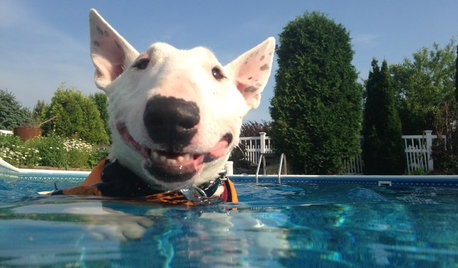
MOST POPULAR40 Dogs Who Are Having a Way Better Summer Than You
Houzzers share pics of their canine companions living it up — or getting down with relaxing — on warm days
Full Story
FURNITURE6 Decades-Old Designs That Look Better Than Ever
After getting a few nips and tucks, some favorites from the ’60s and ’70s have made a stylish comeback
Full Story
GARDENING FOR BUTTERFLIES3 Ways Native Plants Make Gardening So Much Better
You probably know about the lower maintenance. But native plants' other benefits go far beyond a little less watering and weeding
Full Story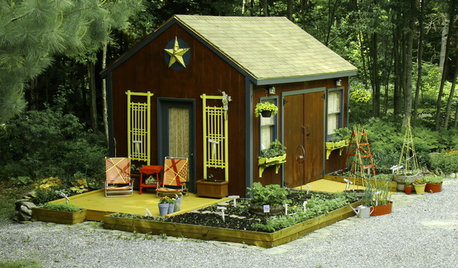
GARDENING AND LANDSCAPINGDig This Garden Shed Makeover for Less Than $300
New paint, accessories and raised vegetable beds turn a drab outpost into a colorful charmer
Full Story
GARDENING GUIDESNew Ways to Think About All That Mulch in the Garden
Before you go making a mountain out of a mulch hill, learn the facts about what your plants and soil really want
Full Story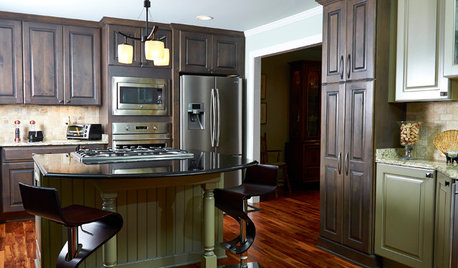
KITCHEN MAKEOVERSKitchen of the Week: Rich Materials, Better Flow and a Garden View
Adding an island and bumping out a bay window improve this kitchen’s layout and outdoor connection
Full Story
KITCHEN OF THE WEEKKitchen of the Week: European-Style Cabinets and a Better Flow
A Portland couple open up their ranch kitchen to connect with guests and their garden
Full Story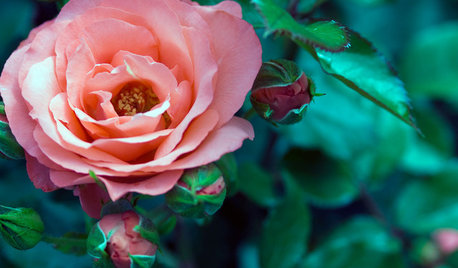
GARDENING GUIDESLearn the Secret to Bigger and Better Roses
Grow beautiful roses using both ordinary and unusual soil amendments
Full Story
GARDENING AND LANDSCAPING11 Ways to Make Your Sleeping Porch Even Better
Turn off that air conditioner and tune in to the delights of slumbering in the nighttime breeze
Full Story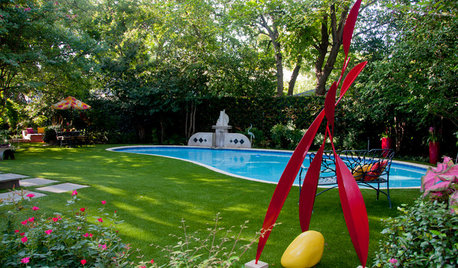
COLOR8 Ways to Rev Up Your Garden Color With More Than Just Plants
Bring energy and excitement to your outdoor space by going bold with color, from small touches to big changes
Full StoryMore Discussions






elisa_z5
mmiesseOriginal Author
Related Professionals
Maple Valley Landscape Architects & Landscape Designers · Norfolk Landscape Architects & Landscape Designers · Brentwood Landscape Architects & Landscape Designers · Jennings Landscape Architects & Landscape Designers · New Mexico Landscape Architects & Landscape Designers · Aurora Landscape Contractors · Dunwoody Landscape Contractors · Laguna Hills Landscape Contractors · Las Vegas Landscape Contractors · Painesville Landscape Contractors · Pleasant Grove Landscape Contractors · San Rafael Landscape Contractors · Shoreview Landscape Contractors · Redford Driveway Installation & Maintenance · San Jose Driveway Installation & Maintenancesusanzone5 (NY)
susanzone5 (NY)
mmiesseOriginal Author
nc_crn
elisa_z5
naturegirl_2007 5B SW Michigan
elisa_z5
Kevin Reilly
gardenlen